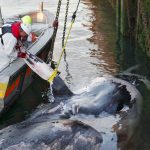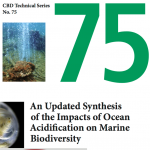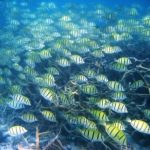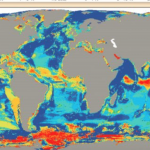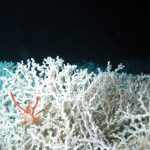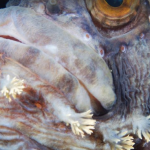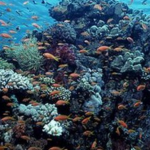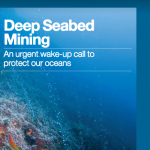We may be sitting on a precipice of a major extinction event,” said Douglas J. McCauley, an ecologist at the University of California, Santa Barbara, and an author of the new research, which was published on Thursday in the journal Science.
Continue reading Ocean Life Faces Mass Extinction, Broad Study Says

